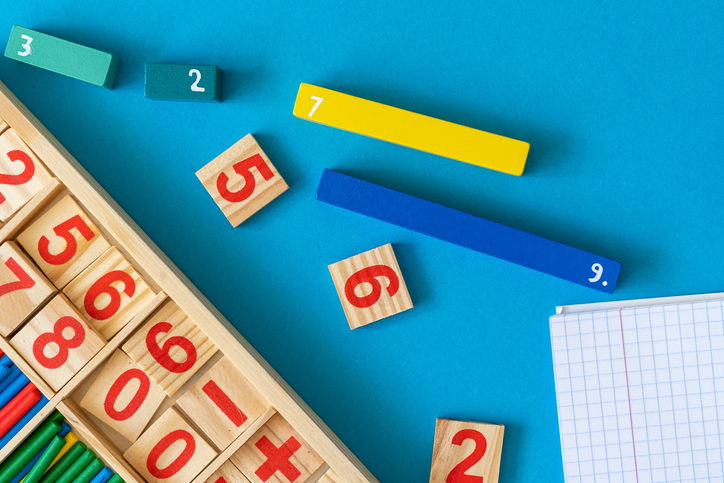Physical activity can boost cognitive growth in preschoolers, Finnish study finds

New research from the University of Helsinki has investigated whether physical activity and motor skills practice can support the development of cognitive and early academic skills in children of preschool age.
Doctoral researcher Pinja Jylänki’s work responds to growing community concerns about children and adolescents being less physically active and having weaker motor skills than previous generations.
A further cause of concern is the decline of mathematical and language skills, with an increasing number of children in schools and kindergartens needing support in their learning.
Intervention programme narrowed down learning differences in early numeracy skills
In her doctoral thesis, Ms Jylänki and her colleagues developed an intervention programme called Movement with Early Numeracy. This programme for practising motor and early numeracy skills is designed for Finnish early childhood education and supports children with challenges in early numeracy skills.
Movement with Early Numeracy combines the practice of numerical concepts with motor skills practice. Concepts describing numerical relational skills, such as ‘more’, ‘less’ or ‘half’ and ‘whole’, were first practised in a story read for children, after which the same concepts were incorporated into motor skills training. The effects of practice were observed in 36 children.
According to the study, the effects were positive, and a delayed measurement showed that the effects remained approximately eight weeks following the intervention. Moreover, differences in numerical relational skills decreased in the eight-week period between children whose performance was lower at the beginning of the intervention and the average performance control group. There were no significant differences between the groups at the end of the intervention.
Physical activity or motor skills practice should be combined with the subject taught
In systematic reviews included in her doctoral thesis, Ms Jylänki examined a total of 57 previously completed studies on the topic. Roughly 70 per cent of these studies had demonstrated that motor skill and physical activity interventions have positive effects on preschoolers’ cognitive and early academic skills.
Effects had been observed particularly in children’s memory and executive function as well as language and early numeracy skills. The most marked effects were seen as a result of motor skills practice, or when motor skills or physical activity practice was combined with the topic being taught.
“The findings support the idea that practising one skill, motor skills in this case, supports the learning of another skill, that is, early academic or cognitive skills, more than a quantitative increase of physical activity alone,” Ms Jylänki explained.
Based on prior research, she continued, it is also advisable to combine the practice of different skills, as doing so was found to be more effective compared to practising motor skills or physical activity exclusively.
However, the field is relatively new, and further research of a high standard is needed to verify the results.
“The novelty value of this finding is boosted by the fact that, in previous intervention programmes for early numeracy practice, long-term effects or the narrowing of differences between children with lower and average performance have not often been identified,” Ms Jylänki said.
She will continue, together with the Active Numeracy research group, to investigate the Movement with Early Numeracy intervention programme using a larger sample.
To gain more information on the effects of the intervention, its effects will also be compared with those of practising motor skills or early numeracy alone. Following the completion of these studies, the programme will be released for public use free of charge.
To access Ms Jylänki’s thesis please see here.
Popular

Policy
Practice
Provider
Quality
Research
Workforce
Beyond the headlines: celebrating educators and the power of positive relationships in early learning
2025-07-07 10:00:24
by Fiona Alston

Workforce
Policy
Quality
Practice
Provider
Research
ECEC must change now, our children can’t wait for another inquiry
2025-07-02 07:47:14
by Fiona Alston

Workforce
Quality
Practice
Provider
Research
Beyond the finish line: Championing child protection one marathon at a time
2025-07-08 09:15:32
by Fiona Alston











